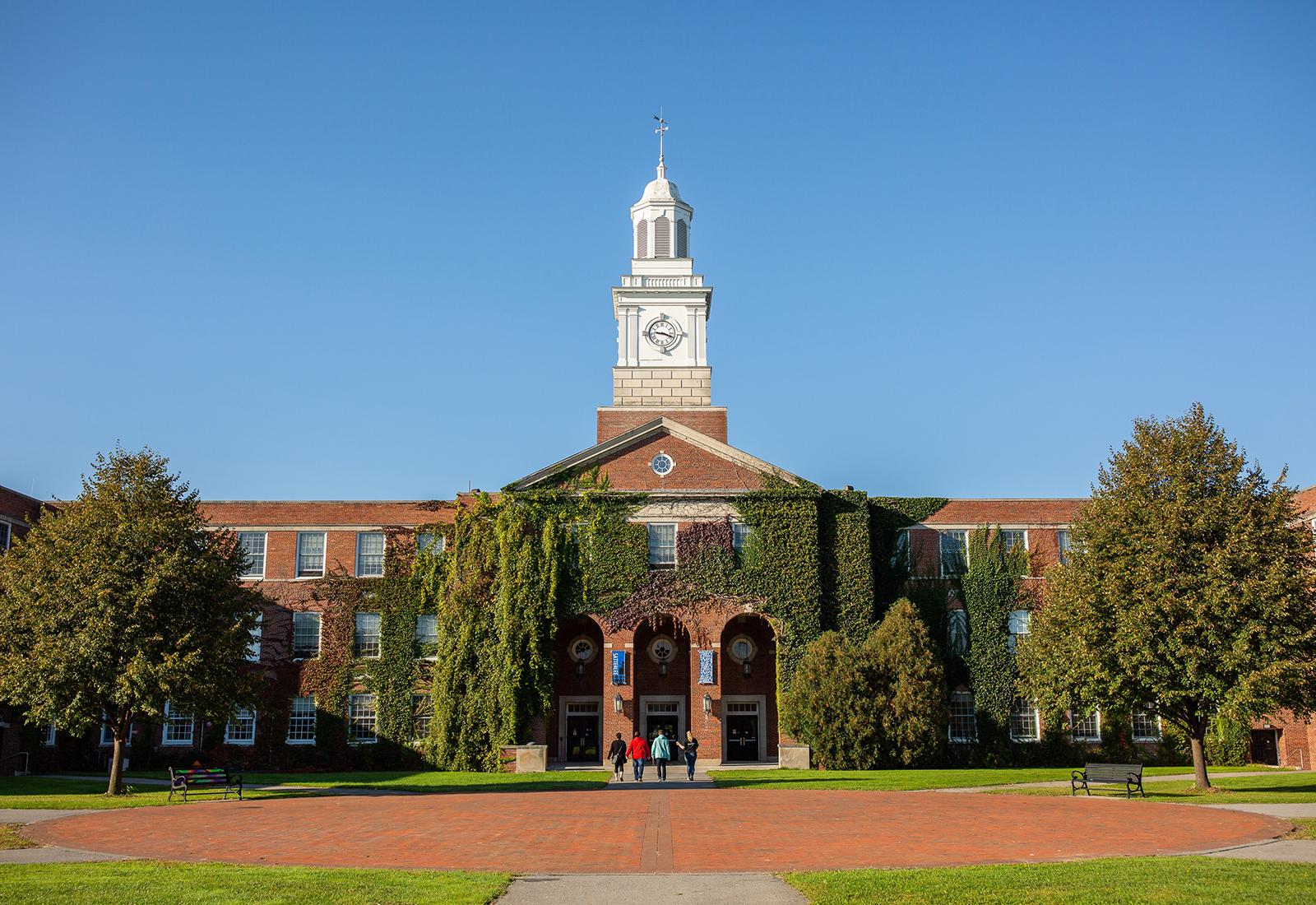Recovery Through Awareness, Acceptance, and Action

Awareness, acceptance, and motion, sometimes referred to as “the three ‘A’s,” is both a course of action and a sequence that facilitates restoration from any range of addictions and those people who had been uncovered to them, along with their inescapable dysfunction, for the duration of childhood.
Awareness, the to start with of them, is “like a gentle in the darkness (and) is the enemy of denial,” in accordance to Keith Berger of Transformations Remedy Facilities in “The 3 A’s of Modify: Awareness, Acceptance, and Motion.” “With the mild at last shed on the trouble, these vampires of the soul start to get rid of their electrical power and fight even more challenging to preserve what handle they may have.”
Denial certainly constitutes a dilemma to grownup little ones, who powerlessly endured unstable upbringings.
“If we admit that destructive conduct transpired, we can however be in denial if we fail to acknowledge the consequences of hurt in our lives,” according to the “Grownup Small children of Alcoholics” textbook (Planet Assistance Group, 2006, p. 92). “Moreover, we are training denial if we try to make clear absent the habits or to offer you excuses for our spouse and children. By breaking by means of our denial, we seek out a total remembrance. We obtain our reduction and notify our story. With enable and acceptance, we understand the wrong identification we experienced to develop to survive spouse and children dysfunction.”
Consciousness can be of a lot of components, like feelings, impulses, steps, misdeeds, misbeliefs, character shortcomings, thoughts, reactions, and triggers, all of which seek out to surface area and enter the person’s cognizance.
Although it is the needed initially part in the recovery sequence, it could require various makes an attempt right before it can be transferred from the subconscious to the acutely aware.
“Coping with a new recognition can be very uncomfortable and most of us are keen to spare ourselves suffering or irritation,” according to Al-Anon’s “Braveness to Improve” (Al-Anon Household Teams Headquarters, Inc., 1992, p.256). “Nonetheless, right until we settle for the actuality with which we have been faced, we in all probability won’t be able of having effective motion with confidence.”
Recognition can be improved with a therapeutic technique identified as “mindfulness.” A mental state reached by concentrating on the current moment and calmly acknowledging and accepting a person’s emotions, ideas, and physiological sensations, it boosts awareness via the senses.
Dr. Jon G. Allen explained this as “current-centered attentiveness to mental states in self and other folks” in his “Attachment and Mentalizing in Plain Old Therapy: Dealing with Trauma and its Existential-Spiritual Affect” Study course taught at Adelphi College in November of 2013. “Keep a high-quality of openness and alertness so that whichever presents itself gets the object of consciousness, and let all objects of body and intellect arise,” he instructed.
This system has been expressed by a easier rhyme-namely, “spot it and you’ve got got it.”
The moment you have, it involves the following factor of the course of action-acceptance-but this does not always entail the seamless, easy action it would seem to be.
“We may perhaps wait to take an unpleasant actuality simply because we feel that by accepting it, we condone some thing that is intolerable,” “Braveness to Transform” proceeds (op. cit., p. 256). “But this is not the scenario… Acceptance does not suggest submission to a degrading circumstance. It signifies accepting the simple fact of a scenario, then choosing what we will do about it.”
“Take” does not indicate “be all right with” or “like.” Instead, it implies “make real,” “admit,” “have,” and “claim as truth.” Rejecting and repelling will only generate the opposite of these outcomes.
“The trouble is that until finally I acknowledge the condition, outcomes, or memory that have occur to my awareness, I can hardly ever acquire effective action or stay serenely with the outcomes… ,” “Bravery to Adjust” advises (ibid, p. 256). “Most of the time, I even now have to go again, sit still, truly feel the inner thoughts, and come to some acceptance.”
“A leap from recognition to action leaves out a critical component of the restoration course of action,” in accordance to Berger (op. cit.). “Acceptance is the stage in which an honest assessment can be manufactured of the ‘discomfort zone.'”
Like recognition, having said that, acceptance can be a progressive process, considering the fact that some realities can be tricky to swallow and defects and flaws are from time to time unattainable for an adult little one to very own until finally he reaches a stage of bigger strength and self-esteem. When he promises any of these elements as his, he can change them as his, the 3rd and final stage in the process.
This can equally just take quite a few sorts: attending twelve-move meetings, working with a therapist, consulting a sponsor, tracing unwelcome inner thoughts and steps to their origins, and, higher than all, knowledge the inevitability of some of these manifestations as a final result of a dysfunctional childhood.
“Actions” such as these necessitate time, endurance, and perseverance, and progress is not often linear, without having setbacks and returns to old, acquainted approaches. Habits, primarily if adopted to endure adverse instances, will become automated, considering the fact that the brain, wired to endure and tolerate them, shaped neuropathways early in lifetime that want to be rerouted. But with work, they present alternatives to “re-see” and redirect childhood-bred pathologies.
“If we would like to change our life, we must understand a new way of existence,” concludes the “Grownup Young children of Alcoholics” textbook (op. cit. p. 568). “The twelve methods are the equipment that instruct us how to are living with a greater recognition. As a result of a process of consciousness, acceptance, and motion, we will get started to get better from the consequences of relatives dysfunction.”
Posting Sources
“Grownup Children of Alcoholics.” Torrance, California: Environment Assistance Firm, 2006.
Allen, Jon G., Ph.D. “Attachment and Mentalizing in Basic Outdated Therapy: Dealing with Trauma and its Existential-Non secular Affect.” Adelphi University, Backyard garden City Campus, 2013.
Berger, Keith. “The A few A’s of Alter: Recognition, Acceptance, Action.” Transformations Treatment Facilities.
“Courage to Modify.” Virginia Beach, Virginia Al-Anon Family members Group Headquarters, Inc., 1992.







